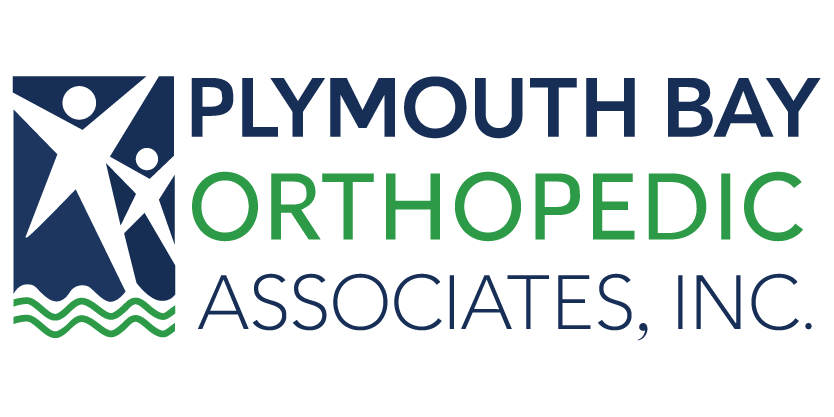The shoulder is a ball-and-socket joint that permits a wide range of movement. Its structures include the humerus –or upper arm bone — and the glenoid — or shallow cavity– of the shoulder blade. The ball of the humerus is intended to stay close to the socket. While the shoulder has a great range of motion, it can lose its stability. Shoulder instability can occur for many reasons.
If you can sometimes feel that the ball of your shoulder comes out of its socket or “gives way” and moves in unnatural motions causing you pain and discomfort, contact our medical team at Plymouth Bay Orthopedic Associates in Duxbury to schedule an initial consultation today.
When Does Shoulder Instability Occur?
This condition primarily occurs when the lining of the shoulder joint, the capsule ligaments, or labrum become stretched, torn, or detached, allowing the ball of the shoulder joint (humeral head) to move either completely or partially out of the socket.
How Is Shoulder Instability Diagnosed?
Diagnosis of shoulder instability requires both a physical examination and some X-rays. These are needed in order to rule out any other conditions and determine the exact cause of the shoulder pain.
How Is It Treated?
After developing shoulder instability, t is important to rest and avoid activities that can aggravate it. A sling is often used to immobilize the area temporarily, and shoulder bracing may be an option for some patients. Once the pain and inflammation have subsided, range of motion exercises can be practiced. Ice packs may be applied to the shoulder both before and after these exercises and NSAIDs (nonsteroidal anti-inflammatory drugs) can be taken to reduce pain and swelling.
Are There Different Types Of Shoulder Instability?
Different types of shoulder instability:
- Shoulder dislocation
- Shoulder subluxation
- Labral tear
- Genetic conditions
One of our providers will examine you to determine which classification you may be experiencing as well as recommend a treatment option that best suits your case.
The Upper Extremity Team at Plymouth Bay Orthopedic Associates uses the skills of top Board Certified Orthopedic and Sports Medicine Specialists. When faced with shoulder instability, our team will create a unique treatment plan for you. Fortunately, many shoulder and elbow conditions can be treated non-surgically in conjunction with our on-site Physical Therapy Team. If surgery is necessary, we offer the latest in arthroscopic procedures and ligament reconstruction procedures to help you get back to living life comfortably. Contact the medical team at Plymouth Bay Orthopedic Associates at 781.934.2400 to schedule your initial consultation today.


